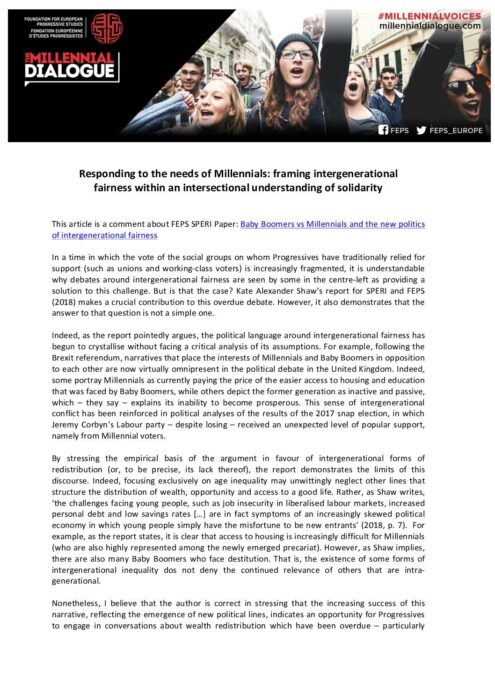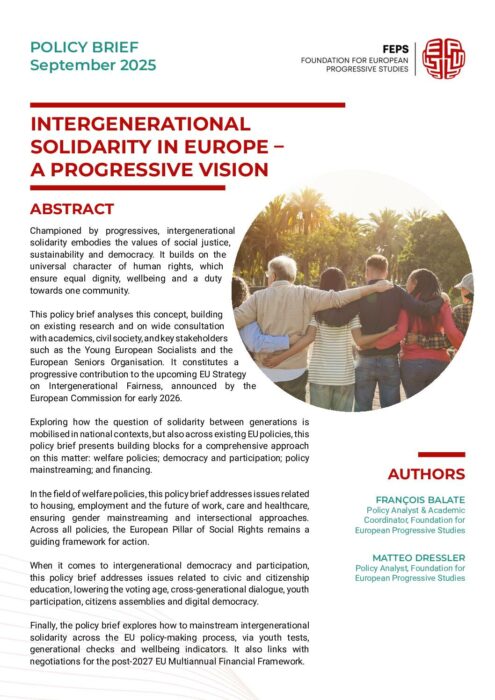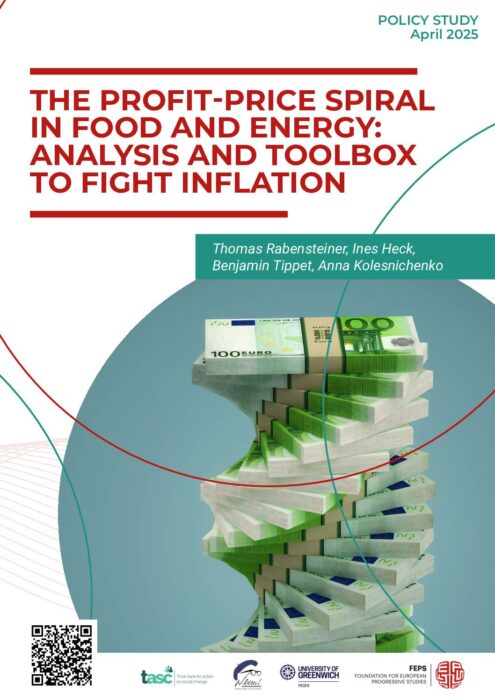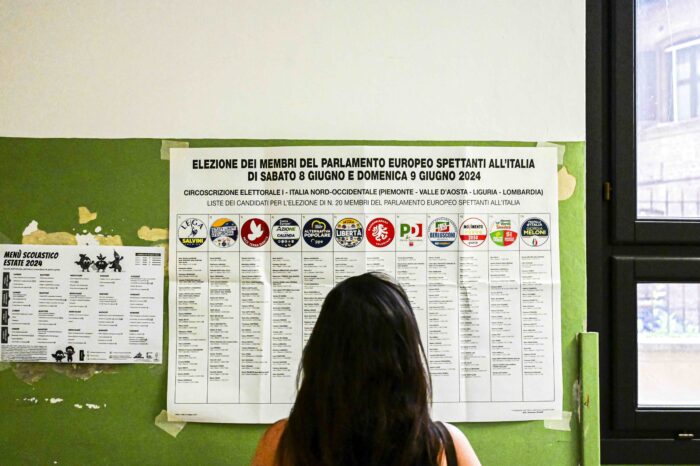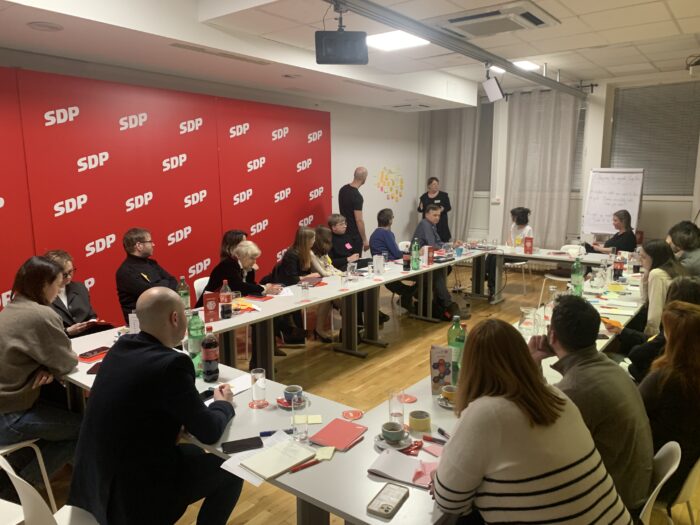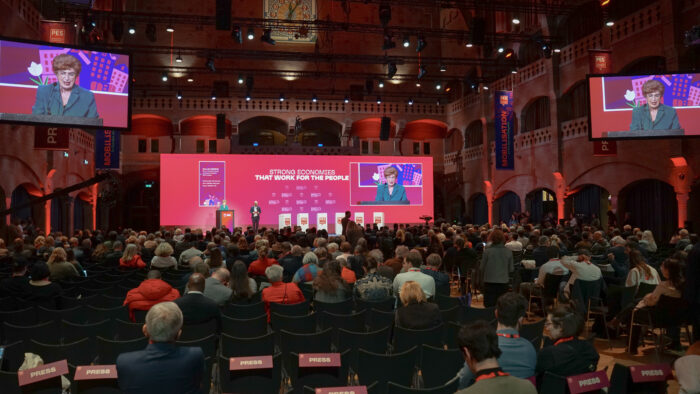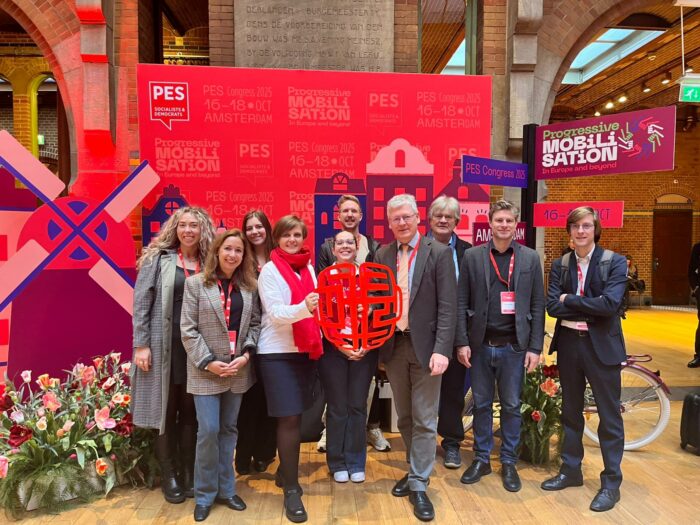Network
Find all related publications
Publications
Find all related Progressive Post
Progressive Post
Find all related events
Events
Past
23 - 25/01/2026
Zagreb, Croatia
01 - 03/12/2025
FEPS HQ, Brussels
13 - 15/11/2025
Vienna, Austria (Training)
Load more...
Find all related Audiovisual
Audiovisual
18/07/2025
07/07/2025
Find all related news
News
Find all related in the media
In the media
“Trade doesn’t work in isolation from good domestic policies” Interview to Arancha González
by Borderlex 19/09/2023

